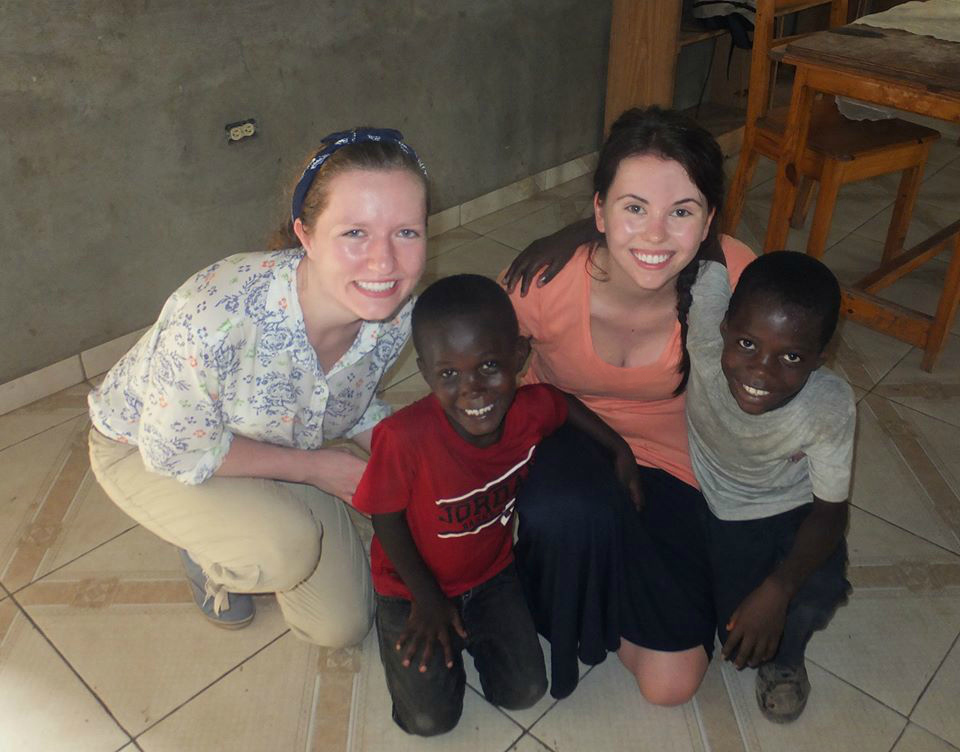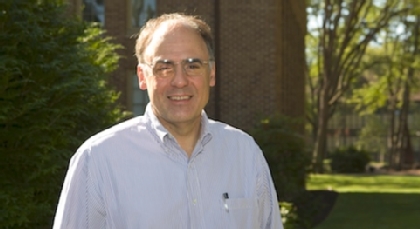Page 141 • (3,623 results in 0.03 seconds)
-
William Carlos Williams pointed out, a poem is a machine made out of words. In the classroom, then, the poem can be discussed the way machines are discussed, with reference to the technical features that make the machine what it is. To speak of poems in this way, however, requires a scholar’s commitment to studying the genre’s history, its masters, as well as its formal and thematic dynamics. In my poetry-writing courses, it turns out that reading and studying poetry end up taking more time than the
-
Chancellor’s Professor of the History of Christian Art at Vanderbilt University will give the keynote address, “The Victory of the Cross in Early Christian Art: Transforming the Iconography of Conquest.” Her talk on Feb. 12 at 7:30 p.m. in the Scandinavian Cultural Center is the inaugural Alice Kjesbu Torvend Lecture in Christian Art. “She’s the primary North American expert of early Christianity,” Torvend said. “She has done groundbreaking work in terms of how Christian images have served as challenges to
-

Rainiers or to any of the big yellow box locations around campus, including: Mortvedt Library Garfield Bookstore The Neeb Center Old Main Market and Kelley Cafe School of Education, Business Office and Student Services (Hauge). Read Previous PLU Alumnus Named National Emerging Leader in Education Read Next PLU Human Resources Moves Into Garfield Station COMMENTS*Note: All comments are moderated If the comments don't appear for you, you might have ad blocker enabled or are currently browsing in a
-
February 14, 2008 Student perspective: The 2008 presidential campaign With the 2008 election season in full swing, Campus Voice asked two students – a Democrat and a Republican – to share with us their thoughts and impressions on the recent flurry of activity in Washington state. Both attended their respective caucuses. Junior Geoff Smock, a history major and president of the PLU GOP club: On Feb. 9, I attended the Washington State 28th Legislative District Republican Caucus. Four years ago I
-

have the experiments yet to simulate that. I think, as much as possible, the students take it from theory to reality.” He should know—Boeh has worked on Wall Street. The club has a long history at PLU. In 1982, Mary Lund Davis set up a fund of $25,000 with the primary focus of giving students an opportunity to gain experience in investment management through real-life investing. Through investment decisions students made, the fund grew to a high of about $160,000 by the fall of 2007, but then, like
-

, Haiti, as part of a mission team offering medical support and education at an orphanage—and unexpectedly ended up in the middle of a real-life medical crisis. During their trip, Chikungunya Fever broke out. Villagers and mission workers, including Jamieson’s father, were stricken. Working alongside registered nurses, Gatterman and Jamieson helped treat the fever patients, giving them sponge baths and distributing Tylenol and Advil. It was an extreme opportunity to demonstrate a practical application
-
April 12, 2012 Earth Day – Connecting to Everything on Earth: Its Land, Waters, and Peoples (Plant, Animal, and Human) PLU’s 2012 Earth Day lecture will be by Michael Pavel at 7:30 p.m. Tuesday, April 17 in the Scandinavian Cultural Center. Pavel is a professor of education studies at the University of Oregon, he carries the traditional name of ChiXapkaid and is an enrolled member of the Skokomish Tribe Nation. He is an honored 2007 Ecotrust Indigenous Leadership Award finalist for his work as
-

. He earned a Bachelor of Science in computer engineering, but shifted gears and earned his master’s degree in higher education administration at the University of Kansas before arriving at PLU. “What sealed it for me to come work at PLU was, and still is, the students,” he said. “The students at PLU take the mission to heart and care for each other in a way that I never saw at the previous universities that I worked at or attended.” About 85 percent of first-year students live on campus — so there
-

atmospheric chemistry, graduating from Oregon State University in 1976. In the mid-1980s he served in the Oregon State Senate working on issues related to the environment, labor and education. In 1985, he earned a master’s degree from the University of Oregon in educational policy and management with an emphasis in higher education administration. In the belief that every small college should have an observatory, Starkovich wrote the “astronomy half” of the $500,000 grant from the W.M. Keck Foundation
-
, adolescence, family relationships, illness, death, and much more in a way informed by an understanding of a wide range of human stories. Not just by aggregate data.” (Nussbaum, 26) Studying in the Humanities, then, means seeing the world authentically. It means trying to understand the richness of human experience, to trace its history, to value its variability. The humanities prompt us to ask who we are and how we came to be this way. They ask us to reflect, to understand, to see knowledge as a process
Do you have any feedback for us? If so, feel free to use our Feedback Form.


